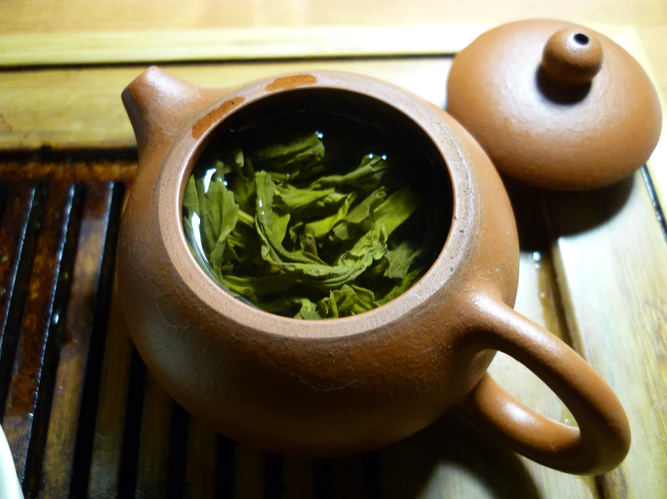Using wild plants in common foods and cosmetics might harm the ecosystem. Behind items like lotion, shampoo, and tea, intricate supply chains conceal environmental and socioeconomic hazards associated with shea, argan, licorice, and other ingredients.

These common goods include components derived from wild plants. A new study discovered that the methods used to harvest those plants-many of which are in danger-might be harming the environment and exploiting humans.
Twelve plants-frankincense, shea, Brazil nuts, juniper, licorice, baobab, argan, candelilla, pygeum, jatamansi, gum arabic, and goldenseal-are highlighted in a study by wildlife trade specialists linked with the UN.
Used to Make Everyday Goods
According to Caitlin Schindler, project manager at Traffic, a non-profit organization that tracks the sustainability of the wildlife trade, plant derivatives in domestic items frequently "flew under the radar." They "sit there somewhere amid the ingredients list on product labels." Even if customers know the ingredients' names, there is no information regarding the procedures involved in collecting or processing them.

For instance, the gathering of Brazil nuts, one of the most popular tree nuts in the world and one in danger of going extinct, provides 20,000 Brazilians with a direct or indirect source of income. Families in their entirety frequently travel from other regions to harvest the nuts, residing in transient forest settlements that offer subpar housing and no access to clean water. Workers in this area risk being bitten by scorpions, hit by heavy falling fruit, and attacked by jaguars. Even though no more processing is necessary, importing nations make money by raising the price of the nuts once a factor of roughly 2.5 times.
Putting Everything At Risk
In the study released in April by Traffic, the Food and Agriculture Organization, and the Medicinal Plant Specialist Group with the International Union for Conservation of Nature (IUCN), several plants are in danger of going extinct. The greatest risks are overfishing, invasive pests and diseases, climate change, and habitat loss. According to the research, the harvesting of plants for their components may include child labor and infringements on workers' rights, much like with Brazil nuts. Many of the harvesters are underprivileged women who reside in underdeveloped rural regions.
According to the paper, it is difficult to determine whether using more than 500,000 commonly traded plant species is sustainable since the IUCN has never evaluated their conservation status.
Meanwhile, commerce in wild plants is expanding for uses in aromatherapy, natural medicine, dietary supplements, and natural cosmetics. In 2020, American consumers spent over $11 billion on herbal dietary supplements, a rise of more than 17% over 2019. Licorice and other plants are used in herbal COVID-19 preventatives and treatments, while the Chilean soap bark tree's bark is used in the COVID-19 vaccine Novavax.
Long utilized by local populations, such as frankincense in Somalia, Brazil nuts in South America, and baobab powder in southern Africa, many of these plants are now at risk of being overharvested due to rising worldwide demand.
However, when such materials are exported, foreign clients frequently are unaware of the country of origin of these goods.
Consumed Goods
Many businesses promote certificates, either online or on the product label. Asking businesses how they make sure their goods don't threaten biodiversity and that harvesters are compensated and treated appropriately is advised by Schindler if such items aren't stated. She claims we won't see any changes taking place until customers exert a little bit more pressure on firms.
According to Schindler, "the components are incredibly crucial to a lot of people's livelihoods," thus, consumers shouldn't quit using these goods.
Related Article : How Overexploitative and Unsustainable Practices are "Driving Extinction" for Various Species
For more environmental news, don't forget to follow Nature World News!
© 2026 NatureWorldNews.com All rights reserved. Do not reproduce without permission.





